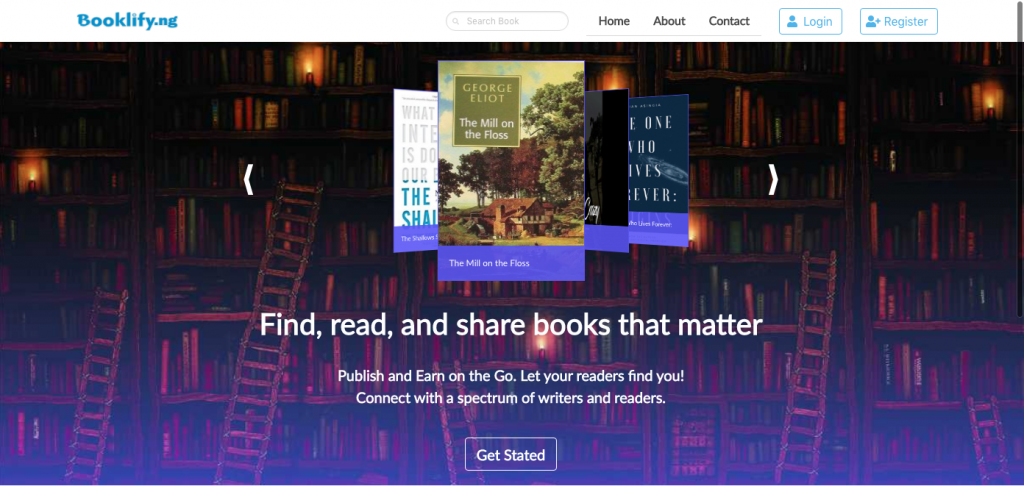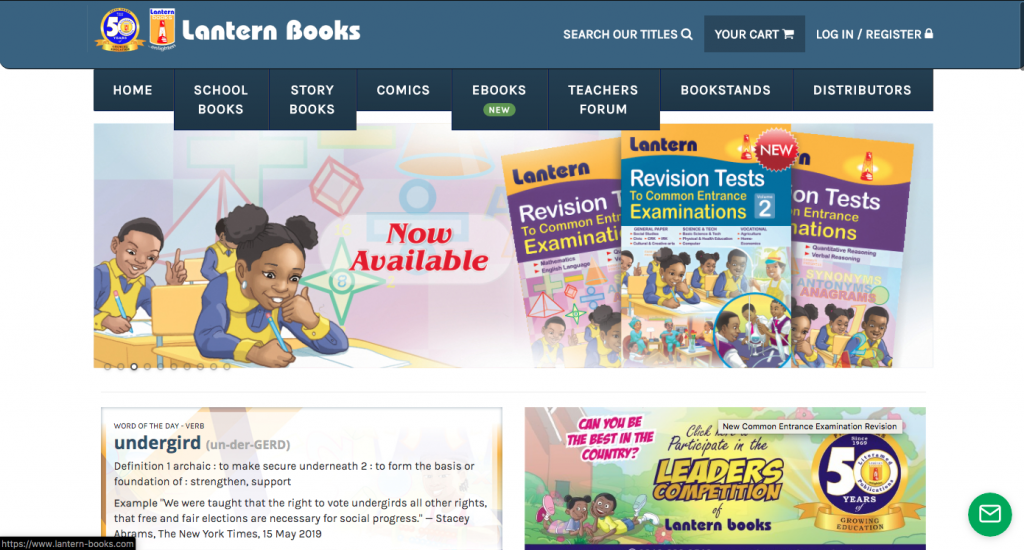That Nigerians are poor readers, save for utilitarian purposes, is no more news. But there is a proliferation of online bookstores, even in the country, writes RAHEEMAH AROGUNDADE
No reading culture
Recent studies reveal consistent decline in the reading culture in Nigeria. The past was reportedly better, with the country’s rich literary history, typified by the number of prominent authors and eggheads. Over the last three decades, this issue has been the subject of discourse among Nigerian literati, yet no visible result.
There are growing concerns about the future of the country, if inhabitants swim in the pool of illiteracy. Statistics from the World Culture Score Index ranks Nigeria among the countries with the lowest reading culture.
Unenviable number
The National Commission for Mass Literacy, Adult and Non-Formal Education survey revealed that 38 per cent of Nigerians are illiterate.
According to the survey, 40 per cent of primary school pupils cannot read for comprehension. Sadly, this pervasive issue is one that still troubles the Nigerian society as its adverse effect permeates the entire system.
Utilitarian reading
Mr Nathaniel Okwoli, the chief executive officer of BooklifyLimited, an ed-tech company focusing on educational solutions for tertiary institutions, noted that most Nigerians read for utilitarian purposes, especially in academic environments.
He told Africana Entrepreneur that “those who argue that Nigerians read have not factored in the environment in which they are found reading.”
According to him, students read to pass impending tests and people are rarely found reading for pleasure like in other climes.
“In the academic environment, people read out of the necessity to pass or achieve academic excellence. This is a different form of reading. When people ask if Nigerians read, they want to know if we read for pleasure or knowledge, not just to fulfil an academic condition. From this, we realise that Nigerians do not read.”

Causes
United Kingdom-based award-winning author, Mrs IbitolaAdebayo, explained to Vanguard that the inability of parents and guardians to buy books for their wards led to poor reading habits.
She agreed that the reading culture in Nigeria had dwindled drastically.
“I realised during my tour in some parts of the country that reading culture has dwindled over the years. Studies have also shown that 40 per cent of Nigerian adults never read a fiction book from cover to cover after leaving school, and that over 30 million Nigerians have poor reading skills. In many universities, most students do not read, even the few that read merely do so to pass examinations.
“The implication is that poor reading skill makes a child develop poor attitude towards school, creating self-esteem problems later in life.
“Parents, being the principal educators, should buy books, encourage their kids to read newspapers, magazines and other literature,” she said.
On his part, Okwoli said, “In a population of about 200 million people with high level of poverty, it is not expected that people would take out time to read for pleasure. Clearly, the statistics are against us.
“It is not just about having a poor reading culture; it is the absence of the culture in the first place. People have multiple thoughts eroding their minds. A random survey will show the number of Nigerians who do not have time for reading. Only few read for pleasure in this environment.”
Some other stakeholders have fingered the primacy of information technology as a contributor to the decline in reading culture.
Still, others believe that the standard of education in Nigeria is the major reason for poor readership.
Benefits of reading
Despite conflicting opinions on the causes of poor reading culture, everyone seems to agree that the benefits derived from reading are numerous and monumental for societal, personal as well as mental/intellectual development.
Reading encourages curiosity, quick learning and develops one’s critical thinking skills and problem-solving abilities. It also aids better understanding of a seemingly difficult topic.
Regular and consistent reading boosts one’s mental capabilities, makes one more informed, improves one’s vocabularies and enables one to insightfully contribute and evaluate situations. That is part of the reasons it is said that readers are leaders.

Survival of online bookstores
Surprisingly, irrespective of this low readership, more and more online bookstores are springing up. While this form of entrepreneurship is significant, it is quite unexpected to see them thrive in the Nigerian environment.
Okwoli said that while running his online bookstore, he noticed that only a few people read for pleasure, to gain knowledge or for self-development. Even those who read for any of the above reasons find it difficult to buy books.
“If we want to record more sales and progress, we may need to focus on building a reading culture in the first place,” he suggested.
Realising that Nigerians have not imbibed the reading culture, Booklify had to change its techniques for more inclusive strategies.
“We have made all the mistakes for today and are better equipped. We understood that distribution is crucial, so apart from listing Booklify App on Google Play Store, we decided to work with partners that will help us achieve our goals better and faster in terms of distribution,” he said.
Chief executive officer of Purple Shelves Limited, Mrs Amarachukwu Chimeka, however, said that “wide readership of a particular book depends on the relevance of its content to the Nigerian audience.”
She added that despite the perceived poor reading culture, her business was faring well.


